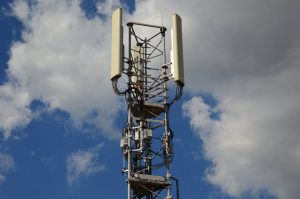
Eco-Friendly Fibers: How African Companies are Leading the Green Textile Movement
Eco-Friendly Fibers: How African Companies are Leading the Green Textile Movement. The textile industry is one of the most polluting sectors in the world, with the production and distribution of clothing and other fabric products contributing to significant environmental degradation. However, a growing number of African companies are pioneering the use of eco-friendly fibers, driving the green textile movement forward with innovative and sustainable practices.
Introduction to Eco-Friendly Fibers
Eco-friendly fibers, also known as sustainable fibers, are materials used to make clothing and other textile products that have a lower environmental impact than traditional fibers. These fibers are often made from natural or recycled materials, such as organic cotton, hemp, and bamboo, and are produced using environmentally friendly methods. The use of eco-friendly fibers is becoming increasingly popular as consumers become more aware of the environmental and social impacts of the textile industry.
African Companies Leading the Way
African companies are at the forefront of the green textile movement, with many businesses on the continent investing in the production and use of eco-friendly fibers. For example, the South African company, Mr Price Group, has launched a range of clothing made from sustainable materials, including organic cotton and recycled polyester. Similarly, the Kenyan company, Kitengela Glass Studios, uses locally sourced and recycled materials to create unique and eco-friendly textile products.
Benefits of Eco-Friendly Fibers
The use of eco-friendly fibers has numerous benefits, both for the environment and for consumers. Some of the advantages of eco-friendly fibers include reduced water and energy consumption, lower greenhouse gas emissions, and decreased waste generation. Additionally, eco-friendly fibers are often softer, stronger, and more durable than traditional fibers, making them a desirable choice for consumers. The production of eco-friendly fibers also provides economic benefits, such as job creation and income generation, particularly in rural areas where many of these fibers are produced.
Challenges Facing the Eco-Friendly Fiber Industry
Despite the many benefits of eco-friendly fibers, there are several challenges facing the industry. One of the main obstacles is the high cost of production, which can make eco-friendly fibers more expensive than traditional fibers. Additionally, the lack of standardization and certification in the industry can make it difficult for consumers to identify genuinely eco-friendly products. Moreover, the availability of eco-friendly fibers can be limited, particularly in certain regions, which can make it difficult for companies to source these materials.



